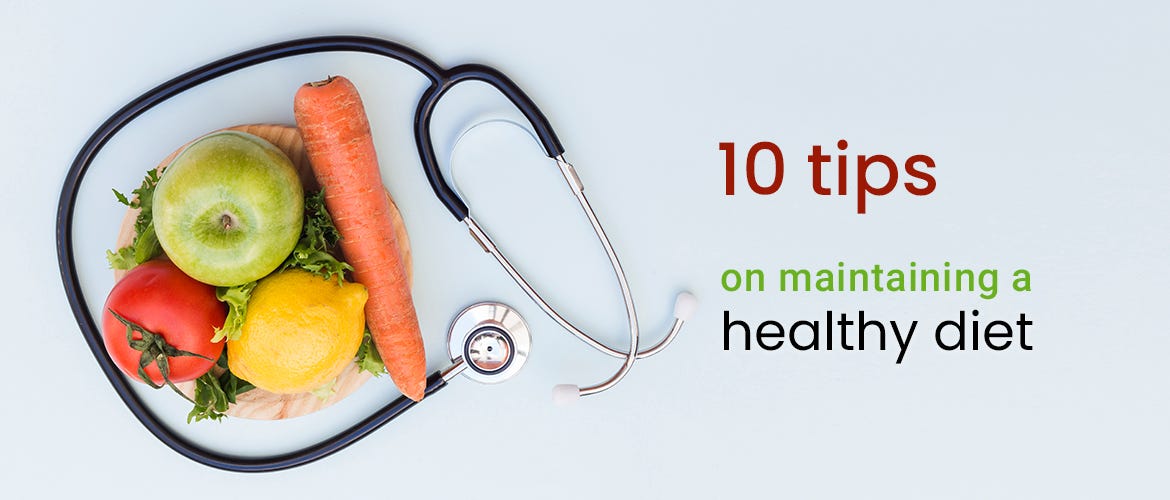

Maintaining a balanced diet is crucial for achieving optimal health and well-being. It involves incorporating a variety of nutrients into your meals to support your body’s functions and promote overall wellness. In this article, we’ll explore valuable tips for achieving a balanced diet and enhancing your health.
Understanding the Basics:
A balanced diet is one that provides the necessary nutrients – carbohydrates, proteins, fats, vitamins, and minerals – in the right proportions. Each nutrient plays a unique role in supporting bodily functions, from energy production to immune system health. Striking a balance ensures that your body gets what it needs for optimal performance.
Embrace a Colorful Plate:
A visually appealing plate often signifies a well-balanced meal. Include a variety of colorful fruits and vegetables in your diet, as they are rich in vitamins, minerals, and antioxidants. Different colors often indicate different beneficial compounds, so aim for a rainbow of options to maximize nutritional intake.
Prioritize Whole Foods:
Whole foods, such as whole grains, lean proteins, fruits, and vegetables, should form the foundation of your diet. These foods are minimally processed and retain their natural nutrients, providing a wholesome and nutrient-dense option for your meals.
Mindful Portion Control:
Portion control is a key aspect of maintaining a balanced diet. Be mindful of serving sizes to avoid overeating, and listen to your body’s hunger and fullness cues. This approach helps prevent excessive calorie intake while ensuring you receive the right balance of nutrients.
Include Lean Proteins:
Proteins are essential for muscle repair, immune function, and overall growth. Opt for lean protein sources such as poultry, fish, tofu, legumes, and nuts. Incorporating a variety of protein sources ensures you receive a broad spectrum of amino acids, the building blocks of proteins.
Healthy Fats Matter:
Not all fats are created equal, and including healthy fats in your diet is crucial. Avocados, nuts, seeds, and olive oil are excellent sources of monounsaturated and polyunsaturated fats, which support heart health and provide sustained energy.
Hydration is Key:
Staying well-hydrated is a fundamental aspect of a balanced diet. Water is essential for various bodily functions, including digestion, nutrient absorption, and temperature regulation. Aim to drink an adequate amount of water throughout the day to support overall health.
Balanced Diet Tips for Health – Practical Implementation:
Achieving a balanced diet requires practical implementation in your daily life. Consider planning your meals ahead of time, incorporating a variety of foods, and experimenting with different recipes to keep your meals exciting and nutritious.
Balanced Diet Tips for Health – Additional Support:
For those looking to enhance their nutritional intake, supplements can provide additional support. However, it’s important to consult with a healthcare professional before incorporating any supplements into your routine to ensure they align with your individual needs.
Balanced Diet Tips for Health – Seek Professional Guidance:
If you have specific health concerns or dietary requirements, seeking guidance from a registered dietitian or nutritionist is advisable. These professionals can offer personalized advice based on your unique needs, helping you achieve a balanced diet that supports your overall health and well-being.
Incorporating these balanced diet tips into your lifestyle can contribute significantly to your health. Remember, it’s not about strict dieting but rather making sustainable choices that nourish your body. For more information on balanced diet tips for health, visit Acnerimedi.net.






